CWJ advocates for women in Israel’s state-operated religious courts, ensuring that their rights are not violated when they seek to marry, divorce or assert their Jewish status.
There is no option for civil marriage or divorce in Israel, and all citizens of all religions who want to legally marry or divorce must pass through the state’s religious establishment. Jewish Israelis seeking to marry or divorce are subject to the state’s rabbinic courts, which operate in accordance with their interpretation of halakha–Jewish law. This applies to all heterosexual Jewish couples, regardless of personal religious identification, custom or observance.
Under this system, a woman who wants to divorce can only go free once her husband grants her a get–a writ of manumission–of his own free will. If a man cannot or will not grant a get, the woman is an agunah (pl. agunot); she cannot separate her legal status from her husband, cannot remarry and cannot have children without stigmatization (mamzer). State rabbinic courts adhere to a halakhic view that leaves women vulnerable to extortion in exchange for their get.
In addition to divorce, the state rabbinic courts control if, when and whom Jewish Israelis can marry. State rabbinic courts probe the legitimacy of children suspected to be mamzerim, conduct invasive adulteress trials for women, and determine pregnant and nursing women’s right to marry. While seeking to marry or divorce, some women, especially immigrants from the Former Soviet Union and converts, are subject to Jewishness investigations by the rabbinic court and may find their Jewish status “revoked” along with those of their families.
State rabbinic courts, which are civil courts operating within Israel’s Justice Department, are bound by Israeli civil law and rules of procedure. In practice, they often overreach their authority and violate women’s civil liberties.
CWJ represents women at all levels of the rabbinic courts, from the lower courts to the High Rabbinic Court. When the rabbinic courts overstep their authority, CWJ challenges their overreach in the Supreme Court.
